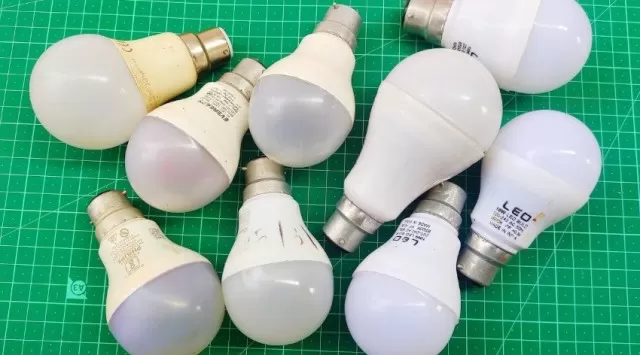Common Financial Blunders Homeowners Should Avoid (Part 1). Owning a home is a significant milestone, but it can also be a financial challenge if not managed wisely. Homeownership indeed involves various expenses, from mortgage payments and property taxes to maintenance and utilities. However, the key to maintaining a healthy financial balance as a homeowner is to avoid falling into common money pitfalls.
One prevalent mistake is neglecting routine maintenance. Delaying essential repairs or maintenance tasks might seem like a cost-saving measure in the short term, but it can lead to more significant, costlier issues down the road. Regular upkeep not only preserves the value of your property but also prevents unexpected financial shocks.
Another misstep is overspending on home renovations. While improving your home can enhance its value, it’s vital to set a realistic budget and avoid extravagant upgrades that won’t yield a return on investment.
Additionally, some homeowners overlook the potential savings offered by refinancing their mortgage or shopping around for insurance. Failing to explore these options can result in missed opportunities to reduce monthly expenses.
In conclusion, homeownership can be financially rewarding when approached with prudence. By avoiding common money mistakes, you can ensure that your home remains an asset rather than a money pit, providing both comfort and financial security for years to come.
Neglecting the Little Things: A Risky Gamble in Home Maintenance

Delaying home repairs is a prevalent yet perilous blunder.
That gradual drip or a fissured fixture may appear to be a minor annoyance with minimal impact on your Daily Routine. However, if left unchecked, these issues can rapidly evolve into emergencies.
What initially seemed like a cost-effective repair could swiftly transform into a financial burden, potentially requiring hundreds or even thousands of dollars to rectify. Don’t underestimate the significance of addressing small problems promptly; it’s an investment in both your peace of mind and your wallet.
Clutching Outdated Appliances: Missing Out on Energy Efficiency Benefits
Do you find yourself still reliant on a dishwasher, washing machine, clothes dryer, or refrigerator from a bygone era? If the answer is yes, then you might be overlooking substantial energy-saving opportunities offered by the high-efficiency major appliances available today.
Avoiding Unnecessary Expenses: Assessing Your Service Needs

Opting for services like pool or yard maintenance, housecleaning, minor repairs, or even modest home remodeling projects can undoubtedly free up your time.
However, it’s important to recognize that these conveniences come at a cost, which might have been more wisely allocated or saved in other areas of your budget. Instead of enlisting the services of professionals, consider delegating tasks like pool or yard care to your teenage son or daughter, and explore the possibility of taking on small DIY projects and Maintenance duties on your own.
This not only saves you money but also fosters a sense of self-sufficiency and resourcefulness.
Thinking Twice About Extended Warranty Purchases
When you’re in the market for a new major home appliance, it’s common for the salesperson to pitch the idea of an extended warranty.
While this might initially appear to be a prudent decision, the reality is that many consumer advocates caution against such purchases. The extended warranties often come with a slew of exclusions and fine-print clauses that can be quite extensive. Moreover, there’s a good chance that if your appliance requires servicing, it will already fall under the manufacturer’s warranty. Before committing to an extended warranty, it’s wise to carefully review the terms of your manufacturer’s warranty to determine whether the additional coverage is truly necessary. This step can save you from unnecessary expenses and provide peace of mind.
Parting Ways with Outdated Light Bulbs: Embracing Energy Efficiency

If you’re still clinging to your traditional incandescent light bulbs, it’s high time to bid them farewell.
While compact fluorescent lamps (CFLs) and light-emitting diode (LED) bulbs might require a slightly higher initial investment, they offer substantial long-term savings. With their extended lifespan and superior energy efficiency, CFL and LED bulbs not only illuminate your space but also keep more money in your pocket over time.
*The information is for reference only.